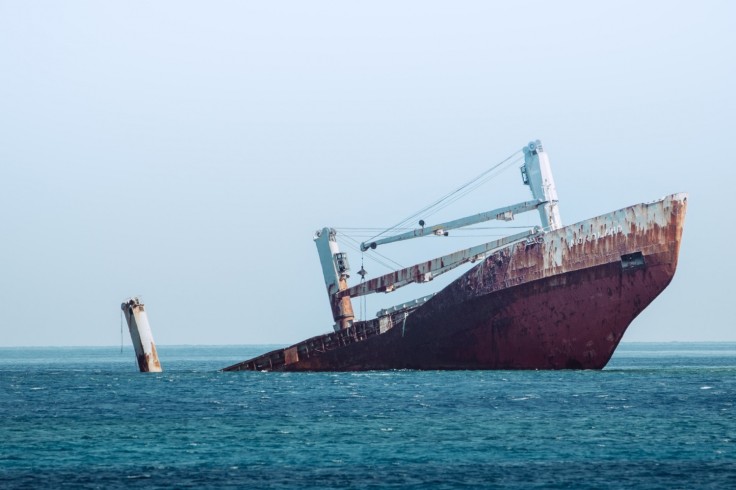Common Causes of Maritime Accidents and How to Avoid Them
Created by
Maritime accidents involve any accident or incident on or around navigable waters. Unfortunately, these accidents happen far more often than they should and cause life-threatening or catastrophic injuries.
Understanding which types of maritime accidents occur most often and how to avoid them could help you avoid some of the more devastating effects of a maritime injury.
How Maritime Accidents Occur
Maritime accidents can happen in a variety of ways. An experienced maritime attorney can analyze how your accident occurred to determine who is to blame and what legal options may be available.
That way, you can recover the compensation and benefits to which you are entitled. You can click here to learn more about some of the critical steps you must take to maximize the compensation you are owed.
For your maritime injury claim to succeed, you must gather evidence to support your case. The type of naval accident you were involved in will help your lawyer determine who is liable for your damages and responsible for compensating you for your suffering. With that in mind, here are some of the most common types and causes of maritime accidents:
Slip and fall accidents - Slip and fall accidents can occur due to uneven surfaces on the vessel, vacant spaces, and wet floors, for example.
Machinery accidents - The equipment and machinery used on ships and vessels are often heavy, complex, and inherently dangerous. When they contact other surfaces or are used by inexperienced operators, they can cause devastating and debilitating injuries.
Negligent vessel operation - When ship operators make mistakes or fail to uphold their duty of care, they can be held accountable through an unseaworthy complaint via a maritime injury claim.
Fires and explosions - Fires and explosions can occur due to the overuse or misuse of lubricants, chemicals, or fuels stored on the cargo hold or aboard a vessel. The buildup of gas fumes can also cause fires.
Exposure to toxic substances - Exposure to poisonous substances aboard a maritime vessel can lead to respiratory conditions and certain cancers. It can impact how your body processes exposure to other types of chemicals as well.
Lack of sufficient ship maintenance - If a vessel is not maintained correctly, which includes refueling, maintenance, cleaning, and repairs, the operator, ship owner, and other third parties can be held accountable for maritime worker injuries.
How to Avoid Maritime Accidents
To prevent maritime accidents, it is crucial to ensure vessels are properly maintained, inspected, and operated by skilled professionals. Additionally, naval workers should receive proper training and be prohibited from working on navigable waters unless they have the experience to do so safely. Vessels should also be equipped with advanced navigational technologies and other necessary tools and machinery.
Maritime Accident Takeaways
Maritime accidents are common, but that does not mean you don't have ways to recoup your damages and ensure those responsible are held accountable for your suffering.
You may be entitled to workers' compensation benefits, benefits through the Longshore and Harbor Workers Compensation Act, or maintenance and cure through the Jones Act. However, if you can take steps to avoid maritime accidents and injuries, do so at all costs.
© 2025 University Herald, All rights reserved. Do not reproduce without permission.








